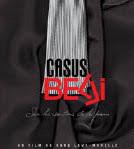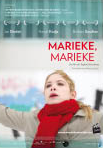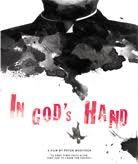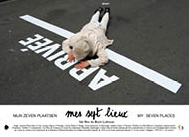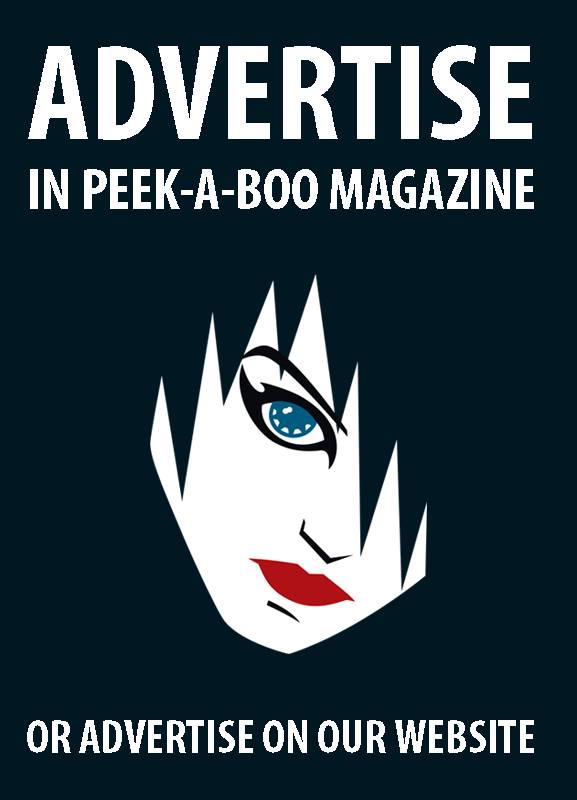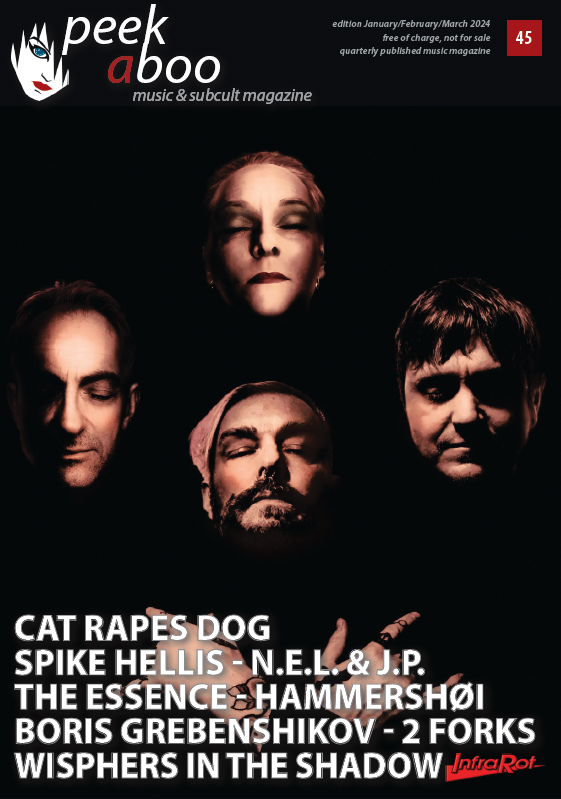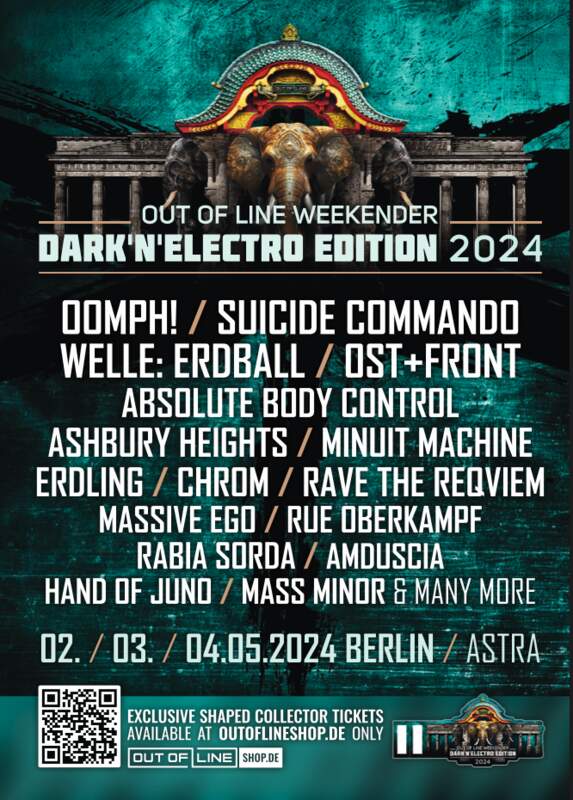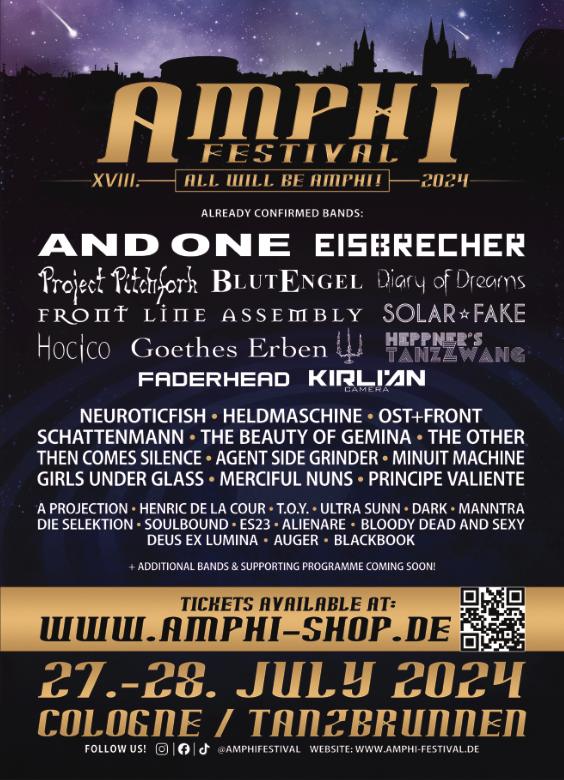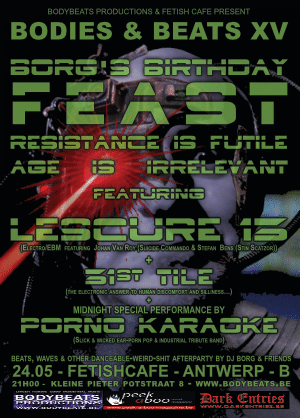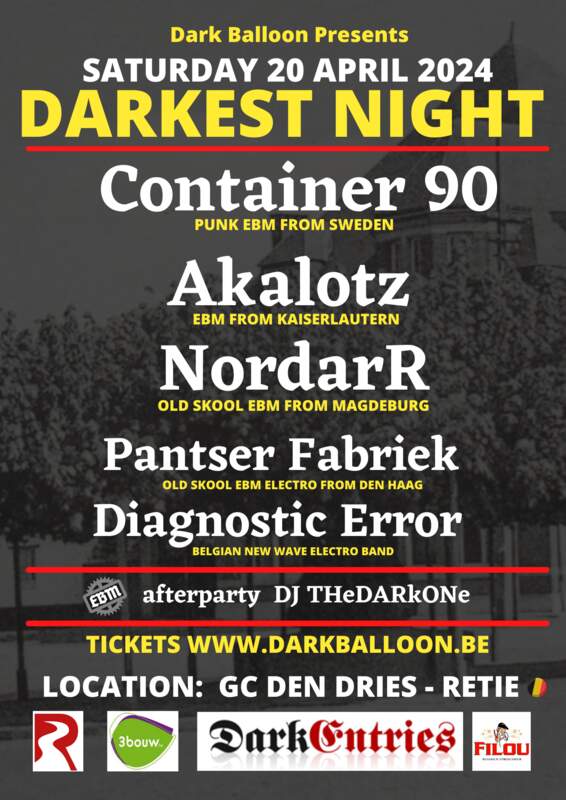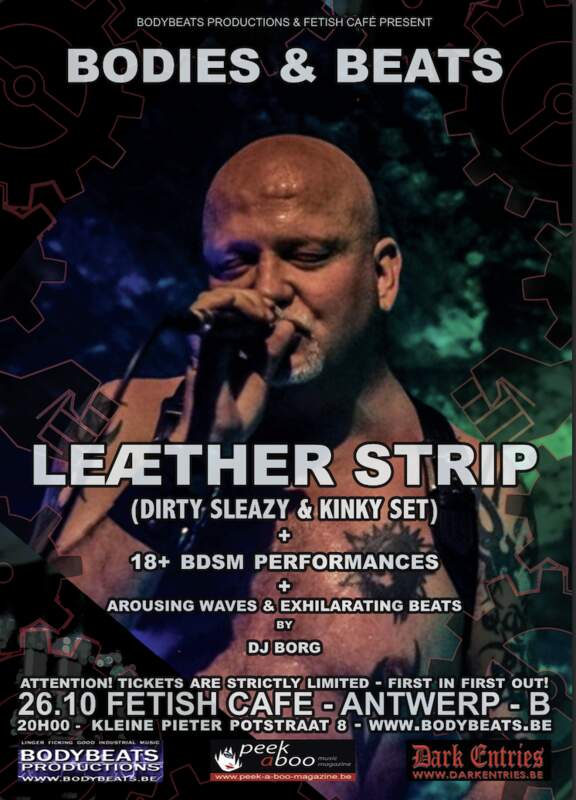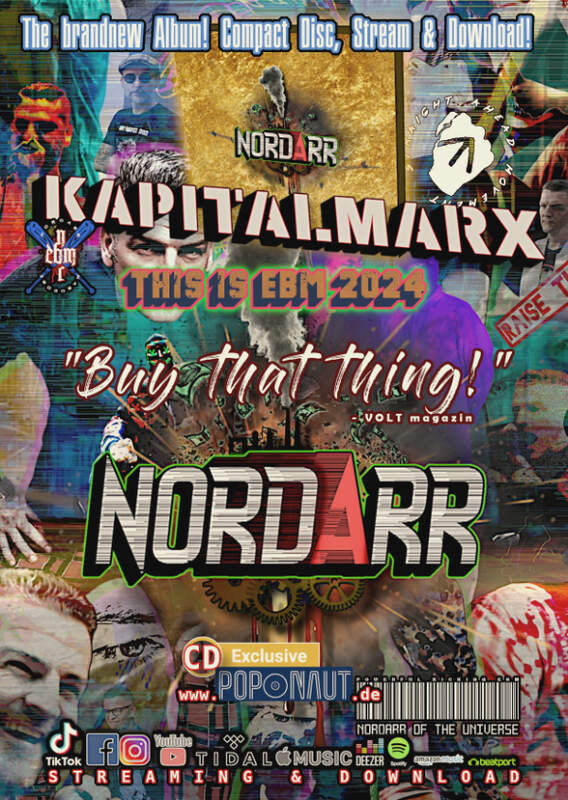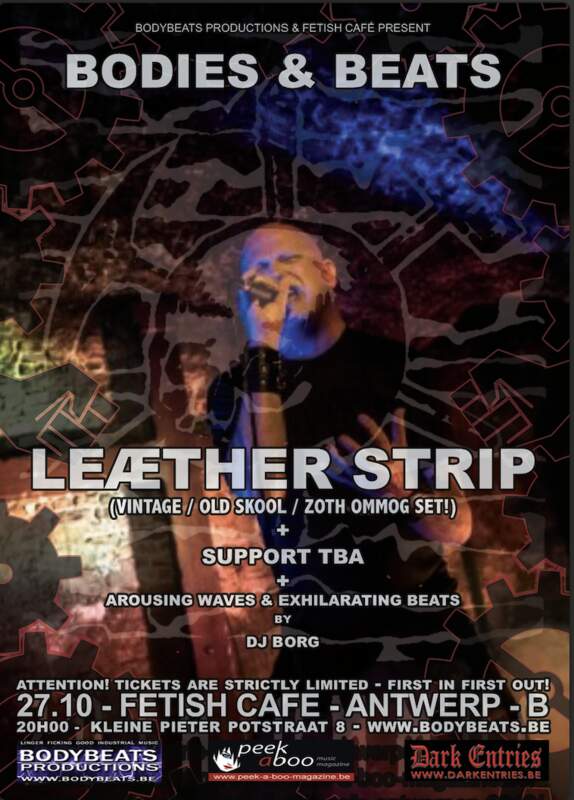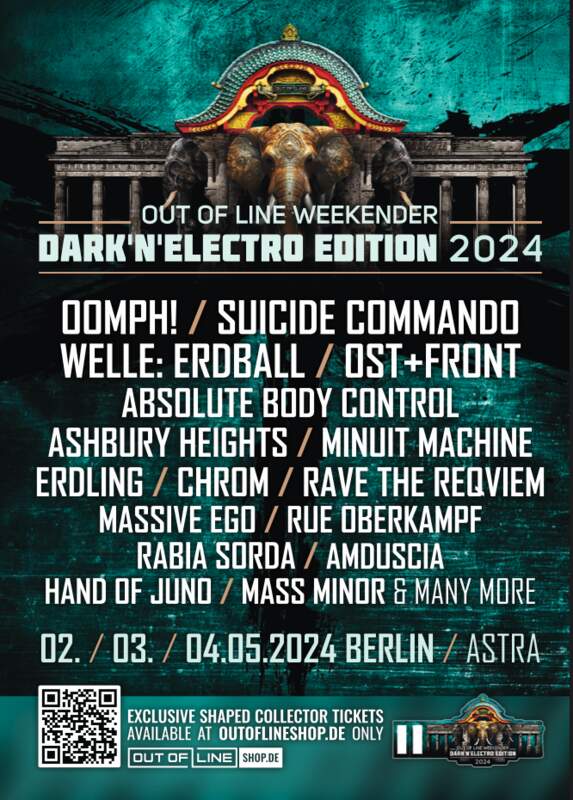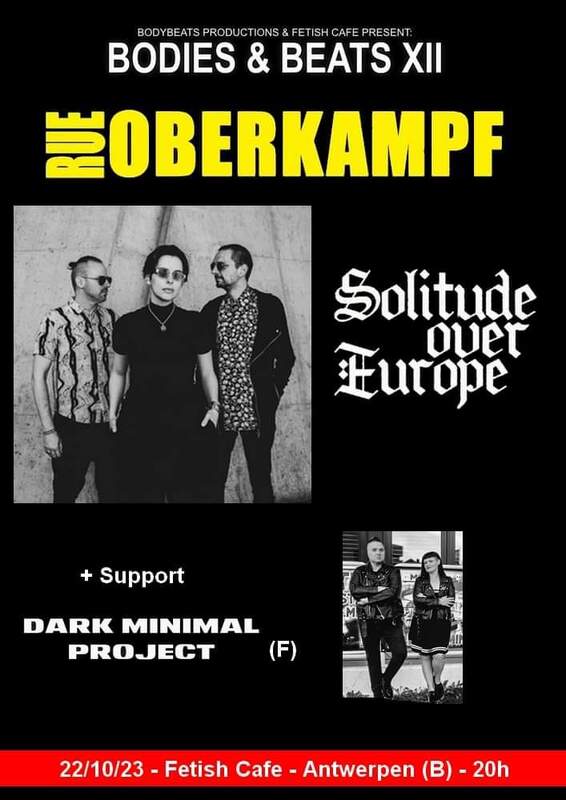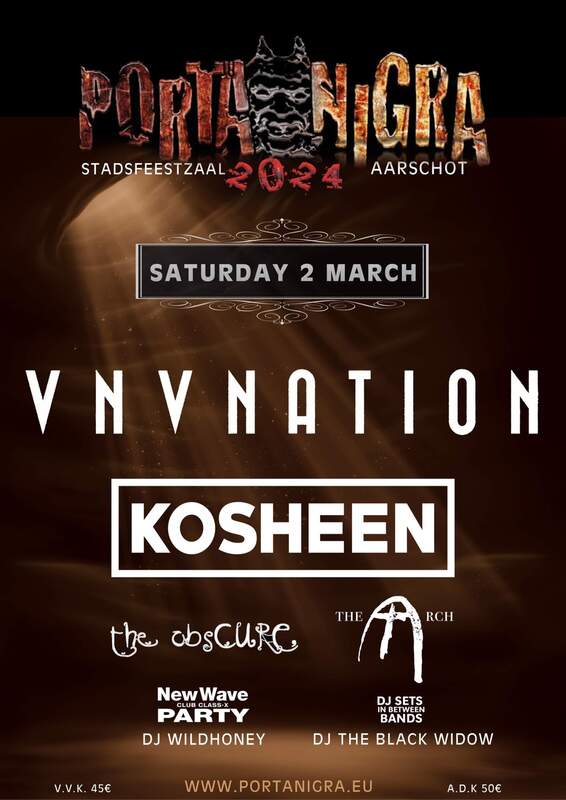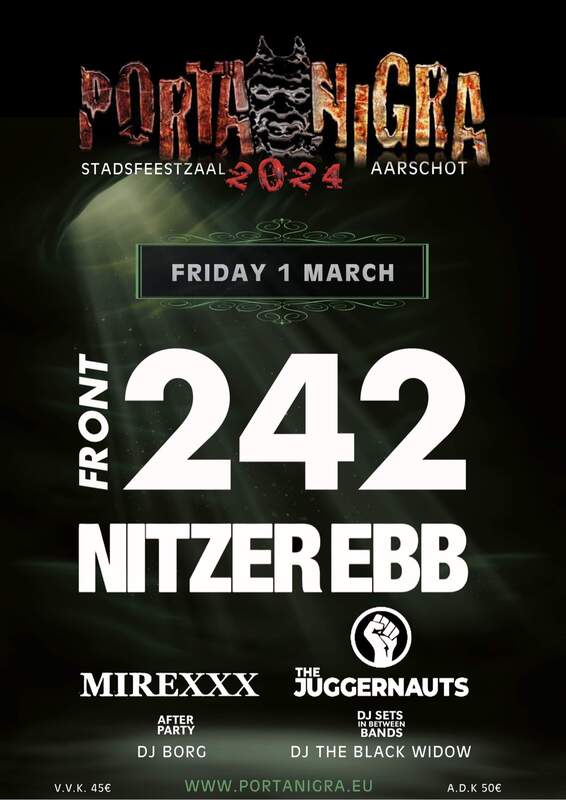SOPHIE SCHOUKENS (DIRECTOR)
I'm a mix of artistic and business, but I really like the more and more the creative part.
14/09/2015, Didier BECU
Sophie Schoukens is a Flemish director with a passion for short films. With her own company, she produced 25 short films and she charmed the world with her debut film Marieke, Marieke. Peek-A-Boo is delighted that Sophie was willing to tell us some things about (Belgian) film making.
Hi Sophie, we consider it a great honour that you are willing to do an interview with us. Let’s first talk about you a bit. If I have understood it correctly then Marieke, Marieke is your only feature film so far, while now you are concentrating on making short films. Is that a conscious choice?
I directed a short film "Alice ou la vie en noir et blanc" (Alice or life in black and white ") that travelled around the world at 140 festivals, and won 15 international awards. I've also produced 25 films (see www.sophimages.be). But Marieke Marieke is my first own feature film. It was released in 15 European countries in the cinema, and also in Japan. And won four prizes!
Marieke, Marieke reminded me story wise of Jeune Et Jolie by François Ozon. A young girl without a father who falls in the arms of older men is all by all a risky topic. I suppose it was not so easy to convince everyone, right?
No, it was a difficult subject, that I am certainly aware of. But the subject meant a lot to women, young and old. What I especially noticed were the questions the audience had when I was in other countries presenting the movie. It really is a film that deeply touches people, or not at all. Also in the international press I was praised to heaven, or killed. Yet, there are deeply human themes. The mother-daughter relationship, the importance of a father figure or its absence and the emptiness. And despite the pain, the emptiness and the sadness Marieke manages to become a free woman and leave her past behind. I wanted to capture that "fragile girl-woman thing" in the film.
Outside Belgium, I was often told that the images were reminiscent of Flemish painting. The decors, colours and costumes are really important for me to create a world, so perhaps that’s my Flemish touch. But most people loved the photography and the poetry in the film.
It's not a fun thing to tell this to an artist, but I think Marieke, Marieke is very underated…..
I personally think that this has much to do with the fact that I'm a woman and that the Flemish cinema world is still mainly dominated by men (the film commissions, the press and film festivals). My projects are usually much more appreciated by the French. And so it remains difficult, a Flemish director who makes a film in French, something they rather would not have. Jan Decleir who speaks French, that is unacceptable for the Flemish press. BUT luckily, the world is more than small Flanders, I was lucky that I was able to travel to many countries with this film and I did get a very strong and personal attention from the press. It is a bold theme, a director that is a woman and with a Flemish star who does not speak their language, this is probably too much for our mini-country.
The fact that it is a film based in Brussels with mostly known Flemish actors, was that a conscious choice?
Yes, I thought Jan Decleir was the right actor, but above all, I wanted to create the mélange that I experience in daily life myself, a mixture of Flemish, French and other foreign languages. When I was 18 I went without anything to New York and lived there for four years, there was an incredible mix of all kinds of varieties and colours, I thought this was a wonderful experience. And I hope people are loosing their fear, because our society will be more and more colourful, and I think this is something positive. Outside Belgium, people did not know who Jan Decleir or Barbara Sarafian were, that’s another reason why they enjoyed it. But after the broadcast on Canvas (Belgian TV-channel, ed.), I received a lot of positive reactions from Flemish people, better late than never, not ?
Is the fact that Belgium is divided into three parts (Flanders, Wallony and Brussels) not particularly difficult for a filmmaker? No one speaks of the Belgian film, but only the Flemish and Walloon film, with the result that (apart from the arthouse public) no one looks across language borders.
Yes, it’s a sin. I see this fact as a bonus, we should be encouraged to look beyond what is going on in our own world. It's true that it really is another world. Last week I went to the exhibition of VANFLETEREN in the photography museum of Charleroi, a Fleming who shows us pictures of Charleroi, it was beautiful. It moved and touched me deeply. This should be done more, to wake up people and show them that we are a rich country, in the true sense of the word and that is because people are so different. The Walloons aren’t really French and the Flemish not Dutch. Yes, I feel, of course, of course, myself as a true Belgian from Brussels, but even more a world citizen. It becomes frighteningly small here.
The whole film world knows Belgium because of its tax shelter. Foreign filmmakers come over here to direct movies, but their Belgian colleagues still need a lot of courage to start such an adventure. How do you see the situation of the Belgian cinema, Sophie?
I think we are very lucky that the tax shelter exists, but it is of course more and more used to bring large foreign productions over here, a situation that has no real benefit for a Belgian director. The financial organizations that offer tax shelter earn lots of money and soon there will be a financial staff that will be larger than the film crew itself. These intermediaries within the tax shelter take no chances and earn much more money than the real creative people who make a film. In the end that is an unhealthy situation. They should invest much more in quality…
You are also involved in the making of short films. What means a short film to you? I mean, the general public often sees that as an exercise...
A short film for me is like a feature film, but in miniature, in a short form. And it's really hard to make a strong and original story in 15 minutes. There are less distribution options, but then when a short film is screened at a major international festival (to me this was in Berlin) than such a movie can travel around the world. If 1000 people see your film, and you were at 140 festivals then 140 000 people have seen your movie, and that’s even without counting the TV audience! My film was also sold to many countries. I was just lucky, I guess.
Not so long ago Pierre Drouot said at an Q&A in Ghent that he thinks it’s a pity that new directors are beginning too fast with a feature film, first they should do some training in making short films. Do you agree?
Yes, it depends, if you made 3 or 4 good short movies in the film schoo, then you can start with a full length one. But it is important that a producer of a film knows the director and I think the best way to do that is to make with him a short film first, you see how he works, what his needs are, etc.
Do you have own plans for a new film?
Yes, certainly, my new screenplay is finished, but since I have done and produced some documentaries (five at present), I have very little time for myself, but that will change. Just because I want nothing more than making a new film, of course! I always see everything first in a Flemish form, but since the VAF (the commission of Flemish Film, ed.) does not really accept me as a director, I must rethink everything in French. All in all, it is actually not a bad exercise. I'm really lucky that the French speaking people have adopted me.
You are also involved in Sophimages. Can you tell us more about please?
That's my film production company that I started 18 years ago and that produced almost 30 films. In between, I worked also for the EC as the head of development where I gave support to 25 European countries for the development of film projects. It was fascinating to discover the other side, and I made a lot of international contacts. So I'm a mix of artistic and business, but I really like the creative part mre and more.
The last question, Sophie. It's a cliché, but I love it. What's the best film ever and why?
That's a really difficult question. I really like female directors, probably because they touch topics that fascinate me. I was very fond of Jane Campion's An Angel At My Table, Andrea Arnold's films such as Fish Tank and Helke Sander-Brahms with Deutschland Bleiche Mutter. I'm a big fan of South Korean cinema. There are so many, Vivre Sa Vie by Godard and all the old, big cinema masters.
Didier BECU
14/09/2015
Sophie Schoukens is een Vlaamse regisseuse met een hart voor kortfilms. Met haar eigen bedrijfje heeft zij onmiddels 25 kortfilms geproduceerd en zij charmeerde de wereld met haar filmdebuut Marieke, Marieke. Peek-A-Boo is bijzonder blij dat Sophie bereid was om ons het een en ander te vertellen over (Belgische) filmmakerij.
Dag Sophie, wij vinden het een hele eer dat je bereid bent om met ons een interview te doen. We zullen het misschien eerst eens over jou hebben. Als ik het goed begrepen heb is Marieke, Marieke jouw enige langspeelfilm tot nu toe en concentreer jij je vooral op het maken van kortfilms. Is dat een bewuste keuze?Ik heb een kortfilm geregisseerd ervoor “Alice ou la vie en noir et blanc”(Alice or life in black and white”) , die de wereld rondreisde (140 filmfestivals) en er 15 internationale prijzen won. Ik heb ook een 25-tal films geproduceerd (zie www.sophimages.be). Maar Marieke Marieke is m’n eerste eigen langspeelfilm. Hij kwam uit in 15 Europese landen in de cinema’s en ook in Japan.En won 4 prijzen.
Marieke, Marieke deed mij, vooral qua verhaal, wat aan Jeune Et Jolie van François Ozon denken. Een jong meisje die wegens gebrek aan een vader zich in de armen stort van oudere mannen is toch al bij al een gewaagd onderwerp. Ik veronderstel dat het niet gemakkelijk was om zo maar iedereen te overtuigen, niet?Neen, het was een moeilijk onderwerp daar ben ik me zeker wel bewust van. Maar het sprak heel wat vrouwen aan, jong en oud. Wat ik vooral opmerkte toen ik de film in het buitenland voorstelde, waren de vragen die werden gesteld vanuit het publiek. Het is echt een film die mensen heel diep raakt of helemaal niet. Ook bij de internationale pers werd ik de hemel ingeprezen, of afgemaakt. Toch zitten er diep menselijke thema’s in en dat is wat de mensen raakte. De moeder-dochter relatie, het belang van een vaderfiguur en bij het ontbreken ervan, de leegte die dat nalaat. En ondanks de pijn en de leegte en het verdriet bij Marieke slaagt ze er toch in om een vrije vrouw te worden en haar verleden los te laten. Ik heb dat "fragiele meisje-vrouw zijn" willen vatten in de film.
In het buitenland kreeg ik ook vaak te horen dat de beelden heel hard aan de Vlaamse schilderkunst deden denken. Decors, kleuren en kostuums zijn wel heel belangrijk voor mij om een wereld te creëren er zal dus wel misschien iets Vlaams inzitten. Maar de meesten hielden ontzettend van de fotografie en de poëzie in de film.
Het is niet leuk om dit aan een kunstenares te vertellen, maar ik vind Marieke, Marieke enorm ondergewaardeerd. Hoe komt dit, denk je?
Ik denk persoonlijk dat dit veel te maken heeft met het feit dat ik een vrouw ben en de Vlaamse cinemawereld nog altijd hoofdzakelijk wordt geleid door mannen (in filmcommissies, pers en filmfestivals), mijn projecten worden meestal veel meer gewaardeerd bij de Franstaligen. En ja dat blijft moeilijk, een Vlaamse die een film in het Frans draait, dat zouden ze liever niet hebben. Een Jan Decleir die Frans spreekt, dat vond men onaanvaardbaar bij de Vlaamse pers. MAAR gelukkig is er niet alleen klein Vlaanderen in de wereld, ik had het geluk dat ik naar heel veel landen kon reizen met deze film en daar kreeg ik wel een heel sterke en persoonlijke persaandacht. Maar een gedurfd thema, geregisseerd door een vrouw en enkele Vlaamse sterren die hun taal niet spreken, dit was misschien wat te veel voor ons mini-landje.
Het is een Brusselse (Franstalige) film met vooral bekende Vlaamse acteurs. Alweer diezelfde vraag: een bewuste keuze?
Ja, ik vond Jan Decleir echt de juiste acteur, maar het ging er me vooral om een mélange te creêren zoals ik die in het dagelijkse leven zelf beleef, een mengeling van Vlamingen, Franstaligen en buitenlanders die hier bij ons beland zijn. Op mijn 18e vertrok ik zonder iets naar New York waar ik een viertal jaren woonde, er was een ongelofelijke mix van alle soorten rassen en kleuren, ik vond dit een wonderlijke ervaring. En ik hoop dat mensen wat minder angst krijgen, want onze samenleving zal meer en meer kleuren krijgen en ik denk dat dit iets positiefs is. In het buitenland wisten de mensen natuurlijk niet wie Jan Decleir of Barbara Sarafian waren, daarom juist genoten ze er veel meer van. Maar na de Canvas-uitzending kreeg ik toch ook heel wat positieve reacties van Vlamingen, beter laat dan nooit, nee?
Is het feit dat België uit drie delen bestaat (Vlaanderen, Wallonië en Brussel) niet extra moeilijk voor een cineast?. Niemand spreekt over de Belgische film, maar wel over de Vlaamse en de Waalse, met als gevolg dat (op het arthousepubliek na) niemand over de taalgrens kijkt.
Ja, dat vind ik persoonlijk echt zonde. Ik zie dit als een verrijking , we zouden aangemoedigd moeten worden om wat verder te kijken dan ons eigen wereldje. Het is waar dat het echt andere werelden zijn. Ik ging vorige week naar de tentoonstelling van VANFLETEREN in het fotografie museum van Charleroi, een Vlaming die ons foto’s toont over Charleroi, het was prachtig. Het heeft me diep ontroerd en geraakt. Dit zou meer moeten gebeuren, om zo de mensen wakker te schudden en te laten zien dat we een rijk land hebben, in de echte zin van het woord en dat is omdat de mensen er zo anders zijn. De Walen zijn echt geen Fransen en de Vlamingen ook geen Hollanders. Ja, ik voel me natuurlijk een echte Belg en Brusselaar natuurlijk, maar meer nog een wereldburger. Het wordt beangstigend klein bij ons.
De hele filmwereld kent België door zijn tax shelter. Buitenlandse cineasten komen hier wel films opnemen, maar hun Belgische collega’s moeten toch nog wel over een hele hoop lef beschikken om aan zo’n avontuur te beginnen. Hoe zie jij de situatie van de Belgische cinema, Sophie?
Ik denk dat we veel geluk hebben dat die tax shelter er is voor de cinema, maar hij wordt natuurlijk meer en meer gebruikt om louter grote buitenlandse producties mee te financiëren waar de Belgische regisseur niet echt beter van wordt. De financiële organisaties die de tax shelter aanbieden verdienen ook massa’s geld en hebben weldra meer financieel personeel in dienst dan een hele filmploeg om de film te maken. Deze tussenpersonen binnen de taxshelter nemen geen enkel risico en verdienen veel meer dan een producent of de echte creatievelingen die een film maken, dat vind ik een probleem. En iets dat op de lange termijn ongezond is. Er zou veel meer moeten geïnvesteerd worden in kwaliteit, die is er voor mij nog te weinig.
Jij bent ook betrokken bij het maken van kortfilms. Wat betekent voor jou een kortfilm? Ik bedoel, voor het grote publiek is dat vaak niet meer dan een vingeroefening….
Een kortfilm is voor mij hetzelfde als een langspeelfilm maar dan in het klein, in het kort. En het is echt moeilijk een sterk en origineel verhaal te brengen op 15 minuten. Er is misschien niet veel qua distributiemogelijkheden hiervoor, maar anderzijds als de kortfilm opgemerkt wordt op een groot internationaal festival (bij mij was dit Berlijn ) dan kan zo’n filmpje de hele wereld rondreizen en zet je zo als regisseur je film misschien niet in Belgiê op de kaart maar als je op elk festival een 1000 tal mensen hebt die je film zien, dan kom je na een 140 festivals toch ook aan 140 000 mensen zonder het tv publiek mee te tellen, dat is nog een heel pak meer. Mijn filmpje werd ook aan heel wat landen verkocht. Ik had gewoon veel geluk, denk ik.
Ik hoorde niet zo lang geleden Pierre Drouot vertellen dat hij het jammer vindt dat nieuwe regisseurs te vlug voor een langspeelfilm kiezen en niet voor kortfilms. Ga jij daar mee akkoord?
Ja, dat hangt ervan af, als je in de filmschool al een 3 à 4 tal kortfilms kan maken en daar zitten er enkele echt goeie tussen, dan kan je aan een langspeler beginnen. Maar het is wel belangrijk om als producent van een film een regisseur te leren kennen en ik denk dat de beste manier is met hem eerst een kortfilm te maken, dan zie je hoe hij werkt, wat zijn noden zijn etc.
Heb jij zelf plannen voor een nieuwe film?
Ja, zeker en vast, mijn nieuw scenario is af, maar vermits ik nog enkele documentaires aan het afwerken ben en ook aan het produceren (5 op dit moment), heb ik heel weinig tijd over voor mezelf, maar daar komt verandering in. Want ik wil niets liever dan een nieuwe film gaan maken natuurlijk!.Ik zie altijd eerst alles in het Vlaams, maar vermits het VAF me niet echt aanvaard als regisseur, moet ik dan weer alles herdenken in het Frans. Eigenlijk geen slechte oefening al bij al. Ik heb echt heel veel geluk dat de Franstaligen mij eigenlijk adopteerden.
Jij bent ook betrokken bij Sophimages. Kun je hier iets meer over vertellen aub?
Dat is mijn filmproductiehuis dat ik een 18 jaar geleden opzette en waarmee ik bijna 30 films produceerde. Tussenin heb ik ook voor de EC gewerkt als head of development waar ik steun gaf aan 25 Europese landen voor de ontwikkeling van filmprojecten. Dat was ook heel boeiend om de andere zijde te ontdekken. Ik heb hier ook heel veel internationale contacten door kunnen opbouwen. Ik ben dus een mengeling van artistiek en zakelijk, maar ik hou wel echt meer van het creatieve, en hoe langer hoe meer.
De laatste vraag, Sophie. Het is een clichévraag, maar ik hou ervan. Wat is voor jou de allerbeste film ooit en waarom?
Dat is echt een heel moeilijke vraag. Ik hou ontzettend van vrouwelijke regisseurs, waarschijnlijk omdat ze thema’s aanraken die me boeien.Ik hield heel veel van Jane Campion’s “An angel at my table”, van Andrea Arnold’s films zoals “Fish Tank” en Helke Sander-Brahms “Deutschland, bleiche Mutter”. Ik ben een grote fan van de Zuid-Koreaanse cinema. Er zijn er zovelen, “vivre sa vie” van Godard en alle oude, grote cinemameesters.
Didier BECU
14/09/2015
Next interviews
APRIL FOOLS • We grow up in the 80s surrounded by so many creative bands. What else could we play?
PRECIOUS CHILD • Precious Child gives a voice to anger, isolation, despair, rage, the desire to escape, the desire to change.
VLY • Music is not supposed to convey precise and unequivocal messages
SYSTEM OVERTHROW • We are team players.
XTR HUMAN • The growing coldness in society is shocking to a point where we all can’t go on with apathy and self made imaginations.
JANREVOLUTION • We don't make the world better, but we're happy to see you smile.
BRUNO SANFILIPPO • It’s true that there’s less interest in the CD, but I'm giving my fans all my releases in that format, I love it, more than any other format, and they seem to like it too.
EVERY HOUR KILLS • It’s easy to get ANY gig but getting GOOD ones is a challenge, especially when you are a young unknown band.
URILIA • It is always a challenge to expose yourself to the mass!
THE MISTRESS OF JERSEY • We can only enjoy the songs that the Sisters wrote back then.


